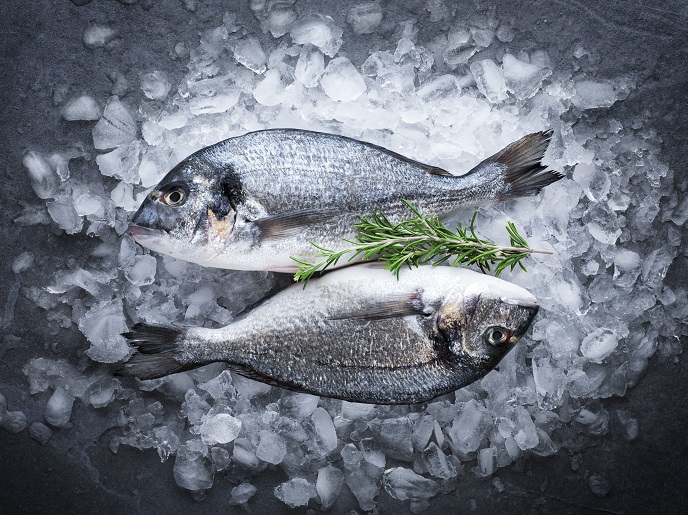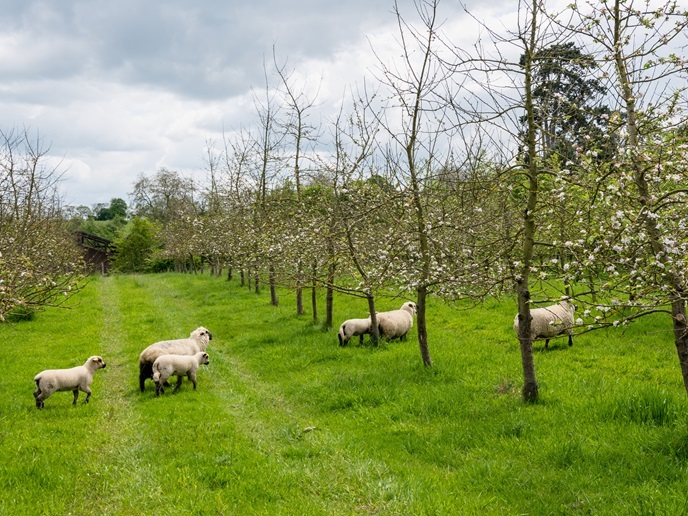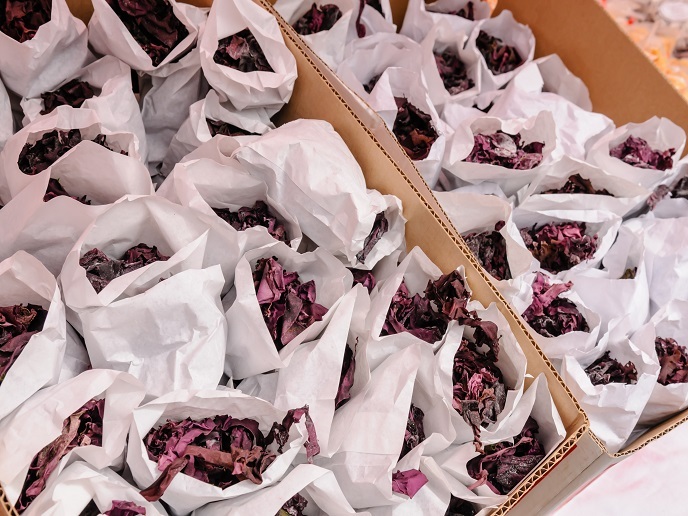Modernising the Mediterranean’s marine fish farming sector
Following Brexit, Mediterranean Marine Fish Farming (MMFF) has become the EU’s leading fish farming sector – supplying tasty sea bream and sea bass for people to enjoy across Europe and beyond. More than being delicious, these finfish are responsible for creating jobs and supporting local coastal economies throughout the Mediterranean region. “This is why overcoming stagnation and achieving sustainable growth is so important,” says Katerina Moutou, a professor of biology at the University of Thessaly(opens in new window). With the support of the EU-funded PerformFISH(opens in new window) project, Moutou, along with 28 partners from the research community and the aquaculture value chain, set out to tackle the MMFF sector’s underlying problems. “Our goal was to future-proof the competitiveness of the Mediterranean aquaculture sector by addressing its biological, technical and operational weaknesses – all in a socially and environmentally responsible way,” adds Moutou.
A new era of consumer-driven branding
Throughout the course of the project, researchers covered a long list of issues impacting various points of the multifaceted aquaculture value chain. “Our work was designed to bring the MMFF sector into a new era of consumer-driven development and branding,” she says. To start, the project looked at consumer perception and dynamics in seven key markets, with a particular focus on identifying any challenges and barriers that could impact the competitiveness of MMFF products. These included transparency in farming practices, animal welfare and sustainability. The project established key performance indicators (KPIs), a revised Code of Conduct, and best practices for the MMFF sector. “For the first time, a Code of Conduct will be supported by KPIs, to provide a common means of monitoring, supporting data-based decision-making, promoting transparency and connecting with the consumers,” says Moutou.
Innovative tools and solutions
But make no mistake, PerformFISH was much more than a rebranding exercise. At the heart of the project was the development of innovative tools and solutions for making the sector more efficient, profitable and sustainable. To say that PerformFISH delivered a lot of stellar, high-tech and innovative results would be an understatement. “Novel genotyping tools, vaccines, diagnostic techniques, automatic underwater fish size estimation, a feed quality toolbox, operational welfare indicators, and larval quality indices – these are just some of the key outputs that were developed, tested and validated during the project,” remarks Moutou.
Diagnostic techniques and vaccines
All these outputs have resulted in perhaps an even longer list of achievements. For example, the diagnostic techniques and vaccines developed during the project have improved the sector’s capacity for identifying and treating the parasites and microbial infections that can wipe out entire populations of European sea bass and gilthead sea bream. Then there’s the innovative image analysis software that can be used to estimate fish size and monitor feeding behaviour in floating cages. And let’s not overlook the Single Nucleotide Polymorphism genotyping array. This commercially available tool has proved to be a game changer in studying the genetic architecture of finfish species, opening the door to more precise breeding programmes. “PerformFISH is proud to have delivered the tangible outputs and tools needed to build a modern MMFF sector – one that will continue to compete globally and, in doing so, contribute to the vibrant communities and healthy tables found across the Mediterranean region,” concludes Moutou.







